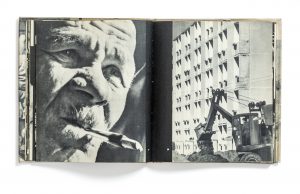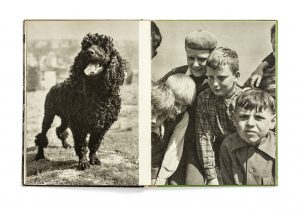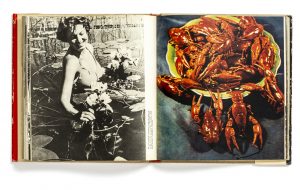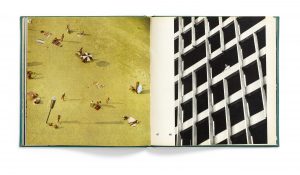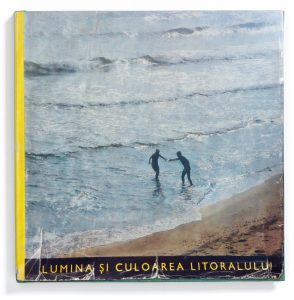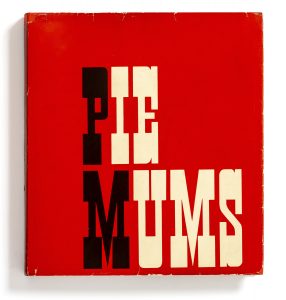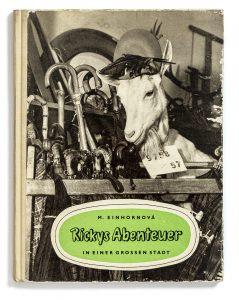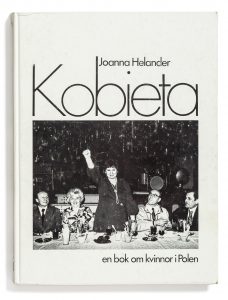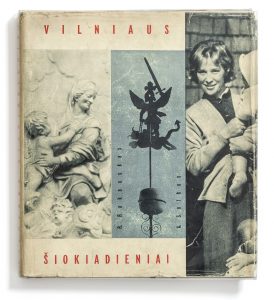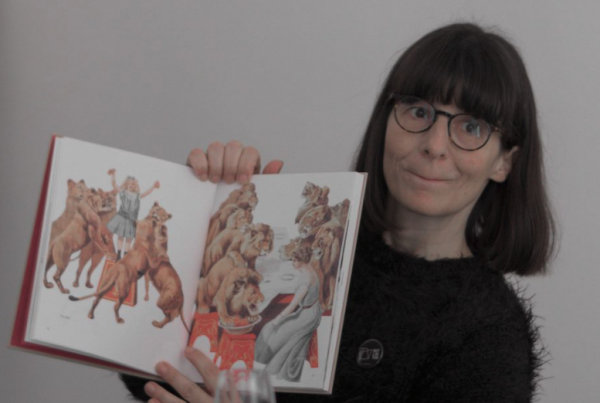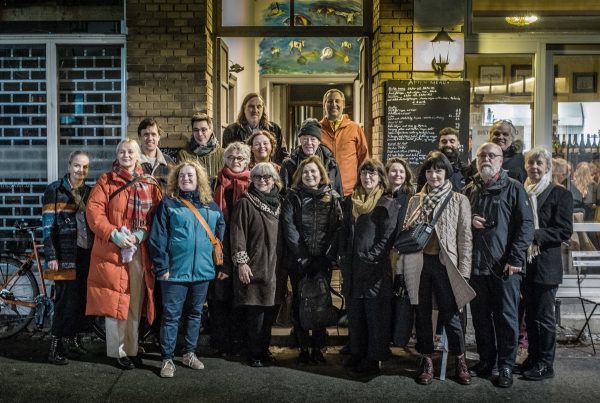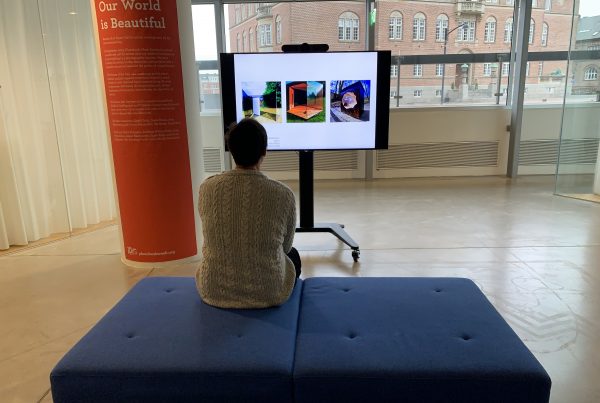A Day Full of Miracles.
Transformation of Ordinary Life in Central European Photobooks
One of the basic concerns in Eastern Bloc states was to convince citizens that they are leading ordinary lives, just like anywhere else – lives detached from politics and free from the difficulty to make ends meet. The relative liberalisation of culture after the death of Joseph Stalin and the political stabilisation in the 1960s offered favourable conditions for producing narratives focused on everyday life, work, family and leisure activities. Popular tourist photobooks documented the achievements of post-war modernisation, showing new architecture, children and youth studying, cultural life in towns and villages, the hard work of doctors, the skills of circus performers and scientific progress. The ordinary ‘socialist’ day looked equally good in Prague, Budapest, Bratislava, Riga, Vilnius and Warsaw. This idealised vision was meant to impress the citizens of these communist countries and outsiders alike. However, from the 1970s on, vision of daily life as presented in photobooks rapidly deteriorated leading to a whole new set of images. Beautiful, paradise-like narratives developed by masters like Hedy Loffler, Karol Kallay, Jan Morek, Zanis Legzdins, Zofia Rydet, Antanas Sutkus and Romualdas Rakauskas is gradually replaced by grim, sharp and violent photographs representing post-communist realities.
Exhibition curated by Adam Mazur for PWA 2021.
